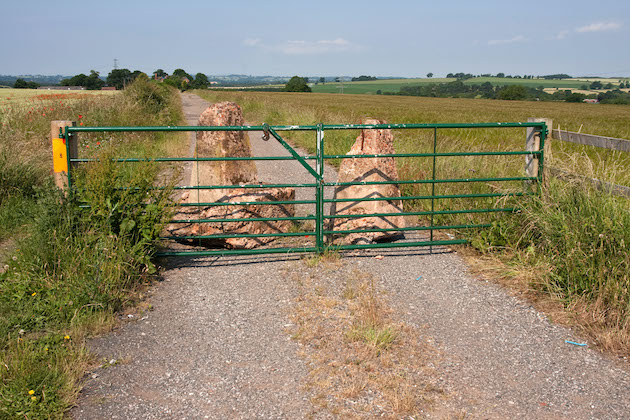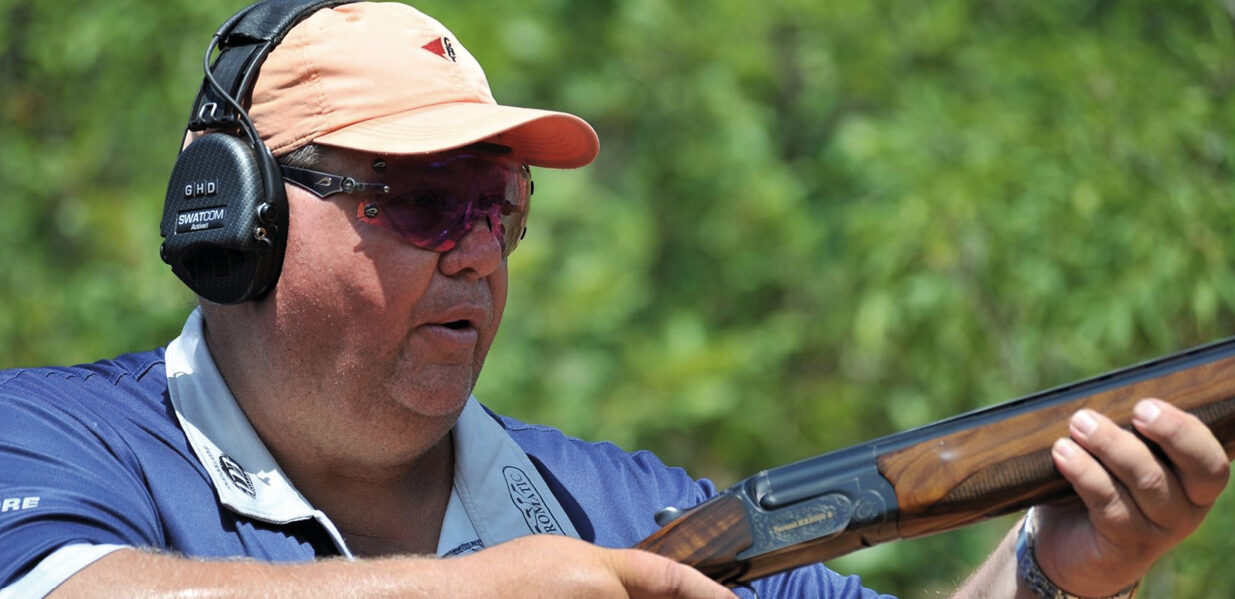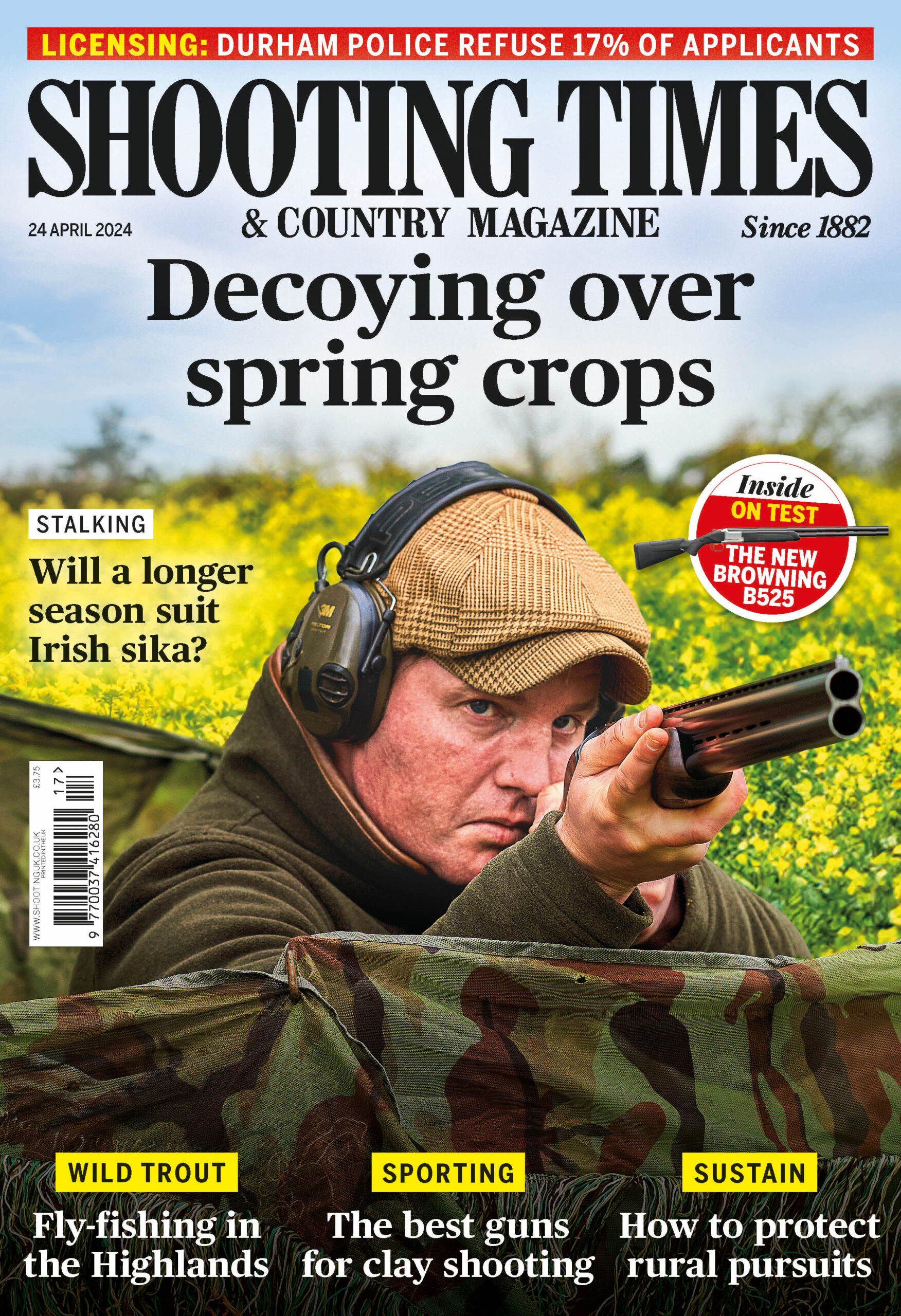Trespassing vehicles – in the countryside, trouble often comes on wheels.
If you find a vehicle on your property, you may have to turn sleuth to find out who owns it but, as usual, the authorities don’t make it easy, says Alasdair Mitchell

Measures to prevent trespassers
In the countryside, trouble often comes on wheels with trespassing vehicles. Serious acts of poaching, hare coursing, badger digging, illegal off-road driving, fly-tipping, farmyard thefts, hunt sabs… In all these cases, motor vehicles of some sort invariably feature.
With the proliferation of smartphones, CCTV and trail cams, you might think that getting a snap of a number plate would be conclusive. But it’s not that simple. For a start, it may be difficult to get a clear photo of said plate. They are sometimes deliberately obscured with mud. And even if you do manage to make out the registration, the plate could be false or stolen. Furthermore, while the authorities are red hot on using registrations to issue parking tickets, they show no such zeal when it comes to pursuing proper bad guys.
Most forms of trespass are civil offences, so the police are simply not interested. Even if you wanted to sue, you generally have little chance of proving the loss needed to pursue a claim for damages. The best you can hope for, in many cases, is to register the offending vehicle on a local Farm Watch scheme, so others can be alerted and report sightings.
Trespassing vehicles
I did this a few years ago, after I found a scruffy transit van backed up to one of my barn entrances, with its rear doors open. I found the driver wandering inside the building. When challenged, he said he was “just looking around”. He departed casually, seemingly secure in the knowledge that he hadn’t been caught doing anything the police would deign to investigate. The dismal fact is that, by definition, laws only apply to the law-abiding.
Mind you, there is one form of vehicular trespass that is a criminal offence. This is when an unauthorised person uses a motor vehicle on a public right of way that does not carry public vehicular rights, typically a public footpath or bridleway. This applies even if such public rights run along a private road or drive. I once had an argument with the RSPCA after one of its staff drove their van along a farm track, which was a public bridleway, to inspect a lawful Larsen trap.
I pointed out that the gamekeeper who had set the trap had not committed any offence — but the RSPCA inspector certainly had. The RSPCA hotly denied this initially, but later had to concede the point. Remember, RSPCA staff are civilians and have no official powers of entry.
What to do about trespassing vehicles
If you find a vehicle trespassing on your property, you could apply to the DVLA for details of the registered keeper. This is the same way private parking companies enforce parking charges. As an individual, you need to download form V888 from the DVLA website. The completed form then has to be posted back to Swansea by snail mail, as you are required to make a signed declaration. You need to attach a clear photo of the vehicle, as well as a cheque for £2.50 and solid evidence of persistent deliberate trespass or damage. The onus is on you to prove you have good cause for wanting to know the identity of the vehicle’s keeper.
As usual in the UK, the authorities make it hard for individuals to protect their private property.








